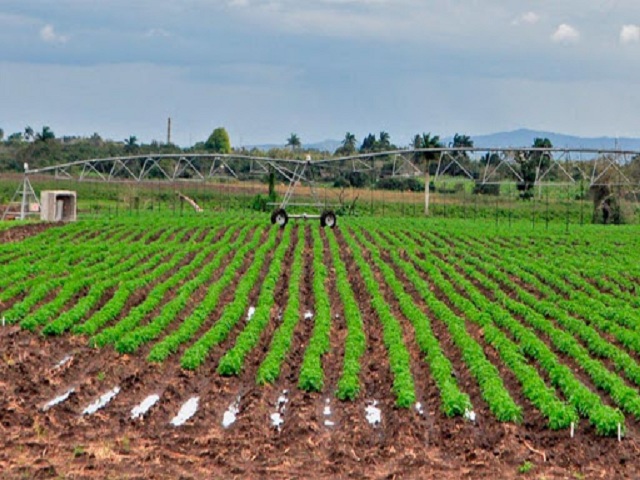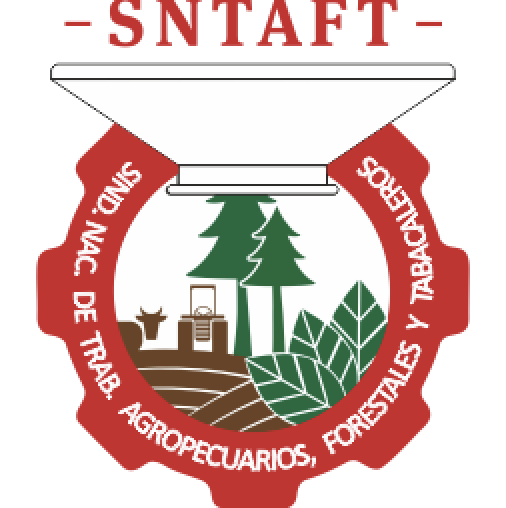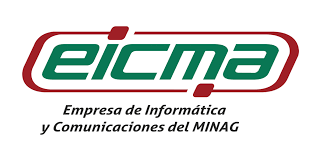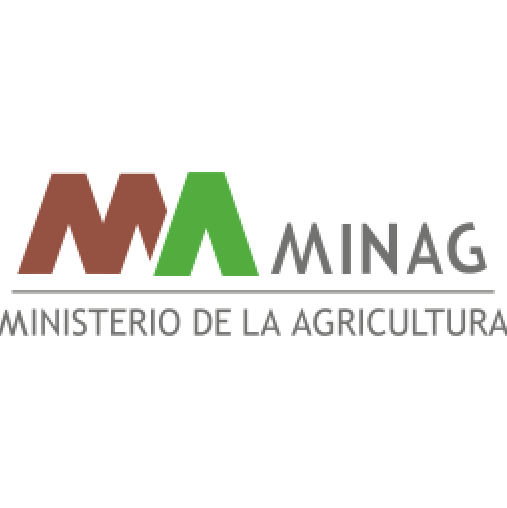GAF
Food sovereignty plan to substitute imports in Cuba
The substitution of imports, the development of endogenous resources of the localities and quality production are axes of the National Plan for Food Sovereignty and Nutrition Education (SAN) of Cuba, authorities said today.
During the presentation of the popular primer of the Government program, Elizabeth Turruellas, Director of Agriculture, affirmed that more than 300 specialists from various areas, ministries and political and mass organizations were linked to the elaboration of the proposal. "It is a multisectoral, multilevel plan and commitment to work in municipalities for the consolidation of sovereign and sustainable local food systems," she stressed in a meeting with the press developed at the José Martí International Institute of Journalism. Turruellas explained that the SAN is in an implementation phase, among whose activities highlights the holding of workshops focused on stimulating popular education and nutrition, amid the complexities of the impact of the Covid-19 pandemic. However, she mentioned the potentialities of the Antillean nation, including the different types of soils and the possibility of producing all the seeds, as well as the measures taken in recent years directly linked to the plan. The Brazilian journalist and writer Frei Betto, SAN adviser in Cuba, insisted on the need to replace the two billion dollars that this country invests a year in importing food, to use it to improve the quality of life of its residents. inhabitants and the development of the sector. In this sense, a fundamental factor for the success of the program will be the involvement of all citizens, organizations, cooperatives, farmers ..., as well as overcoming food prejudices and promoting nutritional education in families, he said. Betto alluded to the almost 900 million inhabitants of the world who are chronically hungry, but the fundamental problem "is not the lack of food, but of justice." In the case of Cuba, despite the economic, commercial and financial blockade imposed by the United States and the climatic problems with an impact on agriculture, "there is a government that deals with solving the problems," he said. For his part, Marcelo Resende, representative of the United Nations Food and Agriculture Organization on the island, emphasized the context of transformation of food systems and the economic model that the nation is going through, based on the decentralization of municipalities and the application of science to the development of the sector. Among the elements in favor of the implementation of the program --which has funding from the European Union (EU) - is also the inclusion of the Food Sovereignty and Nutrition Education Law in the country's legislative schedule, for approval by the Cuban Parliament. Representatives of the EU in Cuba and journalist Ariel Terrero, director of the José Martí International Institute, participated in the presentation of the SAN popular booklet.




